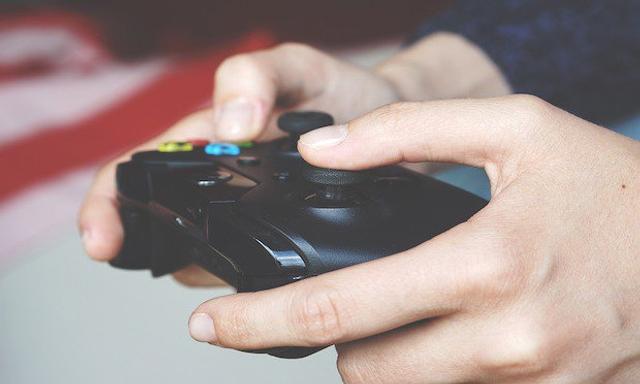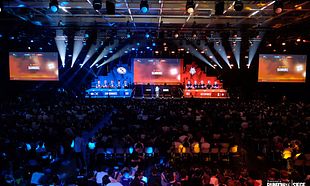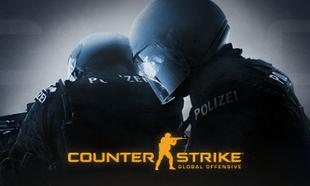Since the proliferation of modern multiplayer and high-speed internet, competitive gaming - or eSports, as it's sometimes known - has grown incredibly popular.
Last Monday, the Asian Games - which is recognised by the International Olympic Committee - announced that competitive gaming would be introduced as a demonstration event in the 2018 Games and a medalled event in the 2022 Games. The sporting event takes place every four years and brings together top athletes from Asia, with the 2018 Games taking place in Jakarta, Indonesia. As well as this, eSports will also feature in the the Asian Indoor and Martial Arts Games.
According to figures from 2015, eSports has an audience of 226 million and generates $325 million in revenue, so it's clearly an avenue for traditional sporting events to make money and reach a wider range of people. There's no word yet on what games will be featured in the 2018 Games or in the 2022 Games, but it's understood that players in the Asian Indoor and Martial Arts Games will be competing on FIFA 17, League of Legends, DOTA, StarCraft and Civilisation.
Making eSports a competitive event in the Asian Games is a big step towards it playing a part in the Olympics and being recognised as an Olympic sport. The international regulatory body for eSports, the IESF (International eSports Federation, has to lodge an application with the IOC for it to be recognised. Depending on how well eSports is received at the Asian Games, it's possible that it may only be a matter of time before that happens.
In August 2016, the IOC approved skateboarding, karate, baseball, surfing, sports climbing and baseball / softball as Olympic events for the 2020 Tokyo Olympics and cited the need for the event as a whole to evolve. Thomas Bach, the IOC President, told CNN in 2016 that "..the many options that young people have, we cannot expect any more that they will come automatically to us. We have to go to them."









































































